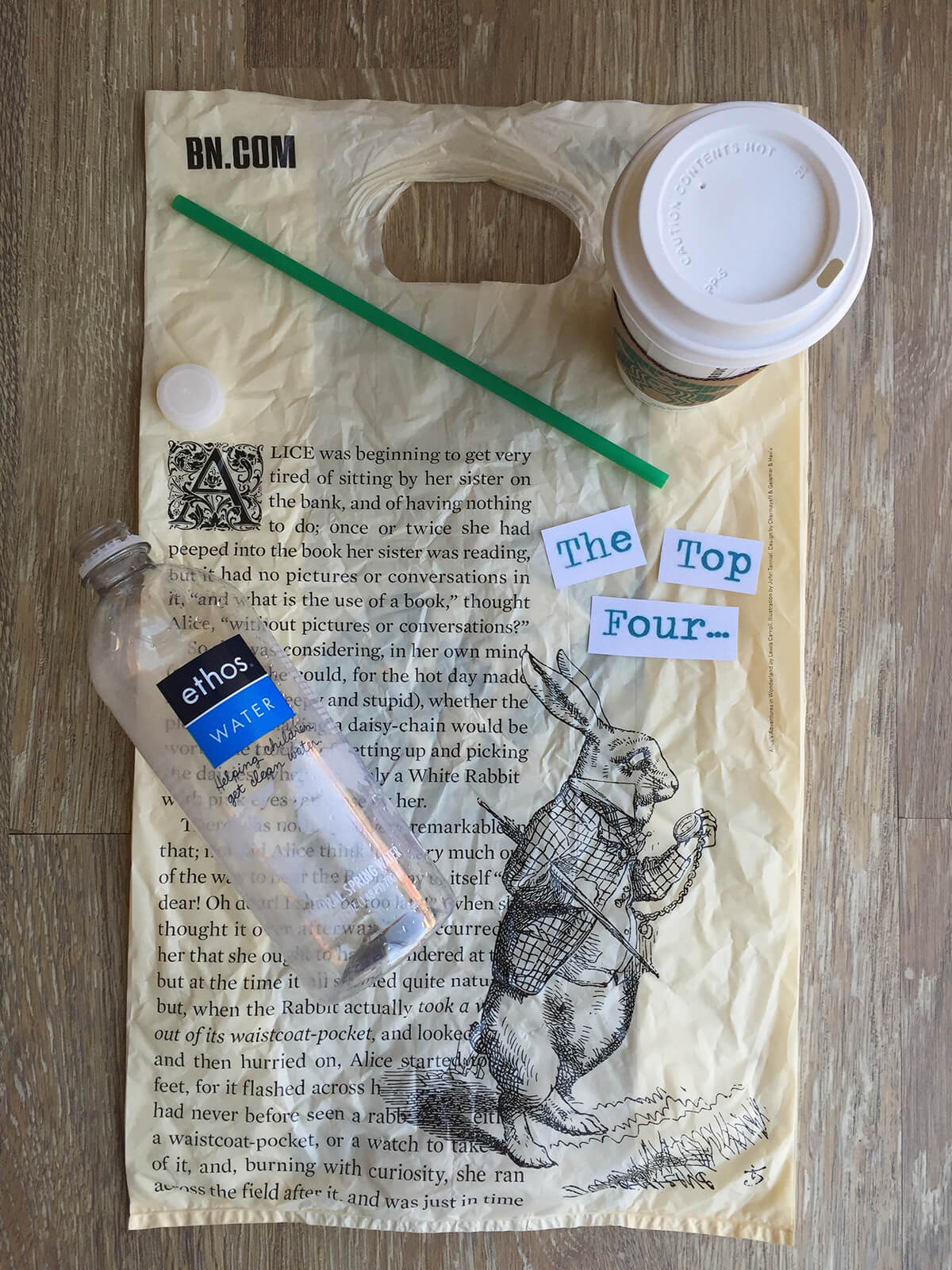
As our planet continues to be a dumping ground for waste, additional research is needed to come up with ways to gather, recycle and reuse the waste that is already in our environment.
One such project we’ve recently written about is the partnership between Adidas and Parley for the Oceans, an environmental group with emphasis on ocean issues. They’ve created a sneaker that is made using recycled ocean waste. To read the article, visit https://recyclenation.com/2017/02/adidas-and-parley-reducing-waste-and-making-news.
Another priority for combating waste should be ways to reduce it by creating biodegradable packaging. On that front, there is some promising research being done at the Nile University in Egypt together with researchers at the University of Nottingham in Britain.
Global Risks Insights has a fascinating article about waste in Egypt, specifically Cairo, and the people whose work it is to pick up the city’s garbage and recycling. According to the article, “the Egyptians continue to grapple with pungent problem as piles of garbage prevail in Cairo.”
So it’s against this backdrop that researchers are trying to discover a way to use shrimp shells to make biodegradable shopping bags. These bags would be an environmentally friendly alternative to plastics that are made with fossil fuels. They are also testing the material to make food packaging.
According to a release from Science Daily, “Non-degradable plastic packaging is causing environmental and public health problems in Egypt, including contamination of water supplies which particularly affects living conditions of the poor,”
“Natural biopolymer products made from plant materials are a ‘green’ alternative growing in popularity, but with competition for land with food crops, it is not a viable solution in Egypt.”
The lead researcher of this project, who is also an expert in testing the properties of materials, is Dr Nicola Everitt from the Faculty of Engineering at Nottingham.
Dr Everitt said: “Use of a degradable biopolymer made of prawn shells for carrier bags would lead to lower carbon emissions and reduce food and packaging waste accumulating in the streets or at illegal dump sites. It could also make exports more acceptable to a foreign market within a 10-15-year time frame. All priorities at a national level in Egypt,” as reported by Science Daily.
As mentioned above, cropland in Egypt must be used for food not growing plants to be made into “natural biopolymer products,” and shrimp shells are part of the waste problem to so converting that waste stream into a usable material would be a win-win for the environment and the people. Reuters recently reported that Egypt imports approximately 35 hundred tons of shrimp which produces one thousand tons of shell waste.
The researchers hope to produce a material that is “degradable, affordable and suitable for shopping bags and food packaging,” according to Science Daily.
Just six months into their two year project, this is a really promising development that these bioengineers are working on and something to keep our eyes on. To find out more information and to read the full story, visit ScienceDaily.com.